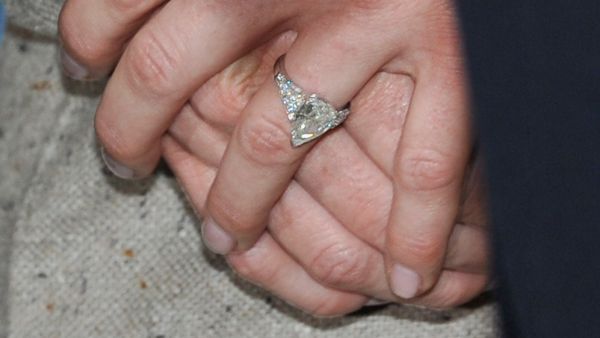Samira, 47, has been married for 25 years and has four children — the youngest is 17 — yet she admits that her marriage is at a standstill.
“It was an arranged marriage,” she said. “There was nothing mutual between my husband and I.”
So to endure the loveless marriage, Samira said she immersed herself in being a housewife and raising her children. But now her children are older and need less of her attention, leaving Samira to look more closely at her relationship with her husband.
She didn’t like what she saw: “Time, opposite to what they say, did not bring us closer but rather apart.”
Monira, 37, was married for 12 years to a man she chose herself.
“We met while we were both studying abroad,” she said. “We liked each other, and I faced my family with my desire to marry him after we graduated, which took a while for them to accept due to tribal and traditional factors,” says Monira.
The first seven years, according to Monira, were good years. The couple shared the same interests as they had the same specialty and work in the same field, and they shared the same views regarding the upbringing of their children.
“The drifting apart started five years ago,” she said.
Saudi men also suffer from these emotional voids in marriage.
Mansour is a 35-year-old father of three young children. He said his 10 years of marriage started off wrong.
“It was a family-arranged marriage, my father and my wife’s father, who are cousins, took a decision to tie family relations through our marriage,” said Mansour, who is adverse to divorce because it would adversely affect his wife's reputation and disrupt family harmony.
Mosaaed, 48, father of one girl, chose to end a marriage that he said was less than he wished for.
“I chose my wife, an educated girl with a university degree and wanted to build a modern lively life of partnership,” says Mosaaed.
Yet to his disappointment, his wife was “locked” in her heritage of traditions that see a woman a follower and not a partner, a person without voice or opinion.
Mosaaed stressed that despite his suffering after ending the marriage, he believes he did the right thing.
“Many people I know chose to cave in for a married life that lacks communication and interaction, and this was not what I was looking for in a marriage” says Mosaaed.
Amal Al-Moallimi, training officer at King Abdul Aziz Center for National Dialogue, says that in a study presented by Madinah University, the divorce rate in Madinah was 37.5 percent.
Hani Al-Ghamdi, a professor of sociology, says even if a marriage doesn’t end in divorce, it doesn't mean it’s a healthy relationship: “A continuing marriage does not necessarily mean a successful one.”
Al-Ghamdi said unsatisfying sexual relations is one primary reason for the collapse of a marriage.
Ali Mostafa, a psychologist, does not see divorce as a solution.
“People vary in their culture, social upbringings and religious backgrounds, therefore it is a myth that there should be compatibility in shared interests,” he said.
Mostafa says divorce is the easy way out but all efforts must be exhausted in bringing the spark back to a failing marriage.
By WALAA HAWARI








